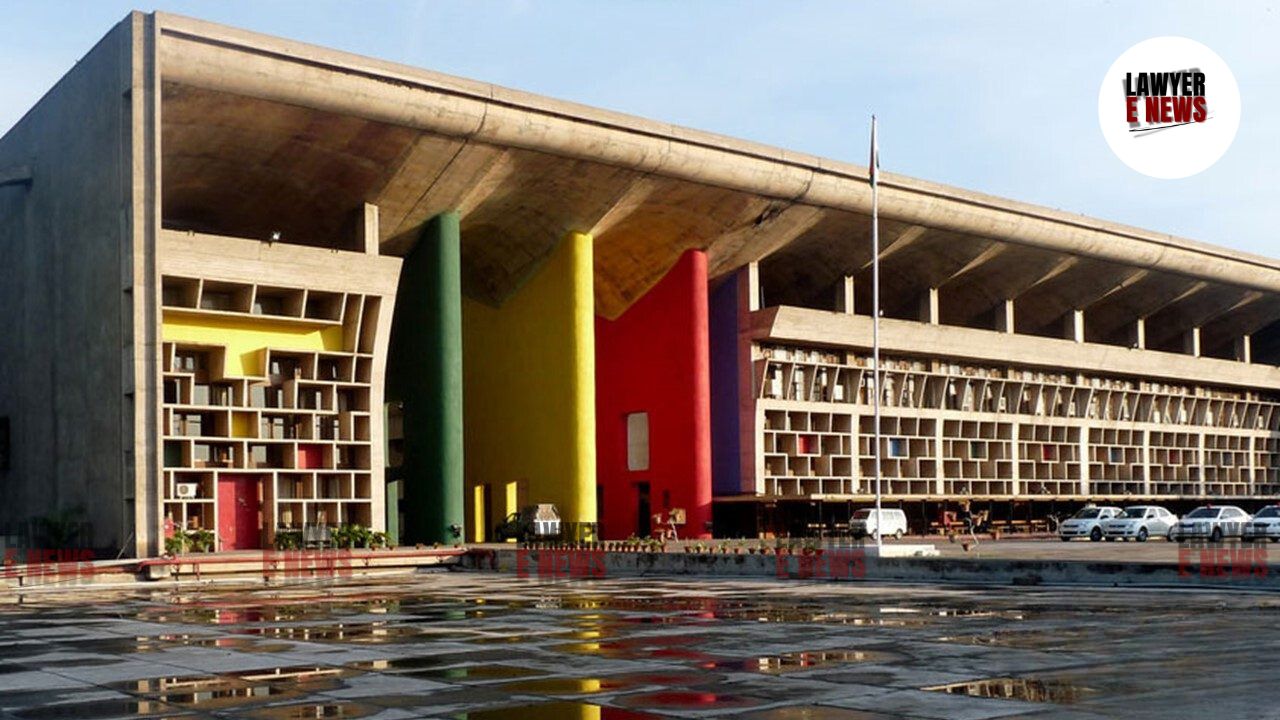-
by Admin
16 February 2026 1:47 PM



Court Emphasizes Registration Requirement for Property Transfer Under Section 17 of Registration Act
Chandigarh, July 1, 2024 — The Punjab and Haryana High Court, in a significant judgment, has reiterated the mandatory requirement for registration of property transfer documents under Section 17 of the Registration Act, 1908. The court held that an affidavit alone does not suffice to relinquish title to immovable property, reversing the decision of the First Appellate Court and restoring the trial court's judgment.
The dispute centered around a property initially sold by Sh. Phulla Singh to the plaintiff, Inder Singh, through a registered sale deed on March 9, 1976. Subsequently, Singh executed an affidavit on June 24, 1977, acknowledging the defendant, Lachhman Kaur, as the true owner of the property after receiving Rs. 11,000 from her. Inder Singh later filed a suit for possession of the property, which the trial court dismissed, but the First Appellate Court reversed this decision, leading to the current appeal.
The High Court highlighted that under Section 17 of the Registration Act, any transfer of immovable property valued over Rs. 100 must be registered. The court found that the affidavit executed by Inder Singh did not meet this criterion and hence could not transfer ownership. "Affidavits acknowledging ownership do not amount to a relinquishment of title and require mandatory registration to effectuate transfer," the court noted.
The court also discussed the relevance of Section 53-A, which protects the possession of a transferee in part performance of a contract. The court acknowledged that while the affidavit could be treated as an agreement to sell with delivery of possession, it does not override the need for a registered document to transfer title. The court emphasized, "Section 53-A protects possession but does not validate transfer of ownership absent proper registration."
The plaintiff's conduct, including his absence from the village and failure to challenge the mutation of the property in favor of the defendant, further weakened his claim. The court observed, "The plaintiff's actions and the affidavit clearly indicate his intention to relinquish his share, though not in compliance with statutory requirements."
The court underscored the legal principle that property transfer involving immovable assets must adhere to statutory registration mandates to be valid. "Technical compliance with the Registration Act is essential for the lawful transfer of property," the bench stated. The court reinforced the principle of estoppel, protecting the defendant's possession under Section 53-A but invalidating the claim for ownership transfer due to lack of registration.
Justice Anil Kshetarpal remarked, "The affidavit dated 24.06.1977, despite acknowledging receipt of consideration, does not substitute the need for a registered deed for transferring ownership of immovable property."
The Punjab and Haryana High Court's decision underscores the critical importance of adhering to statutory requirements for property transfers. By upholding the necessity for registered documents, the court has reinforced the legal framework governing immovable property transactions. This judgment is expected to have significant implications for future cases involving property disputes and the validity of transfer documents.
Date of Decision: July 1, 2024
